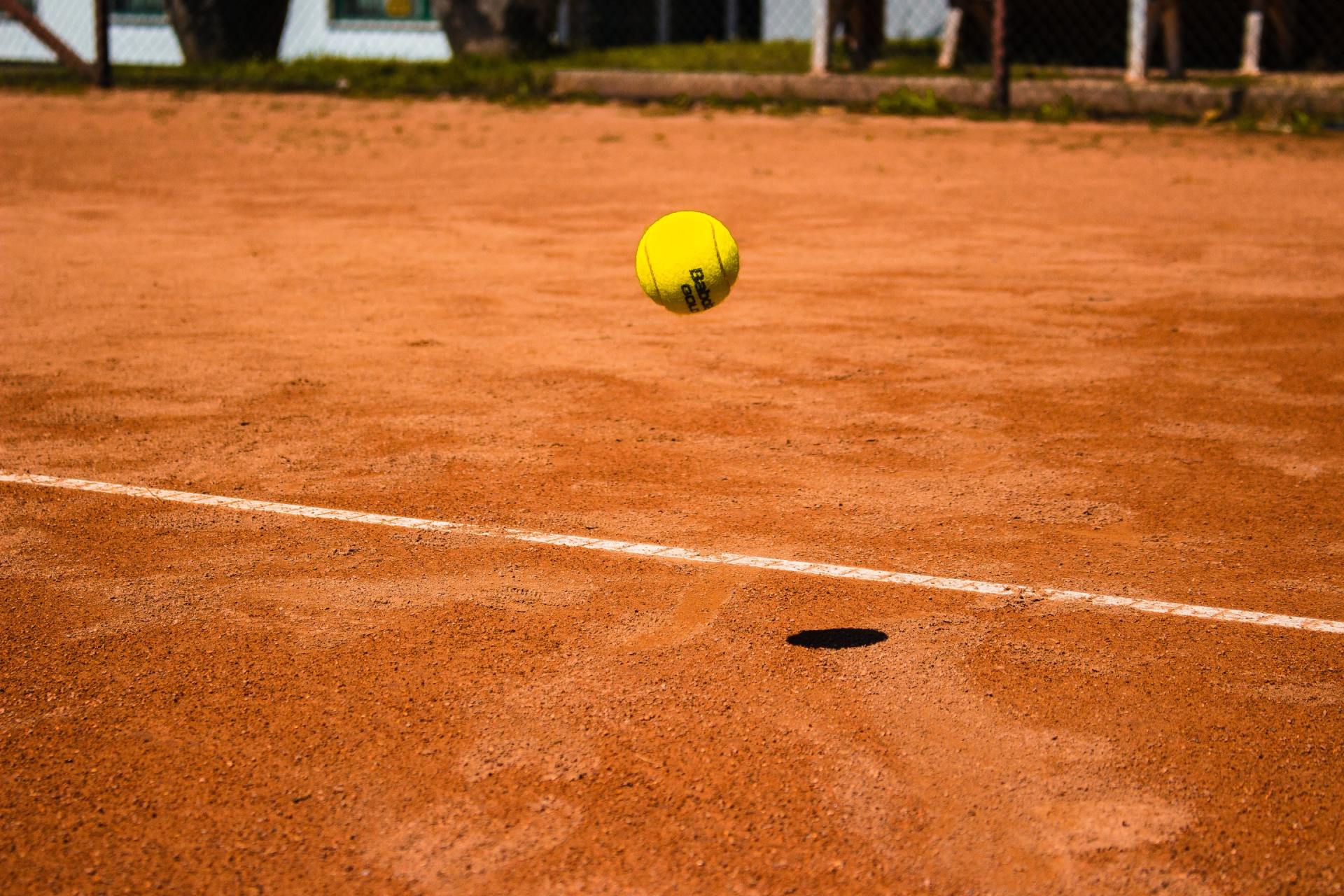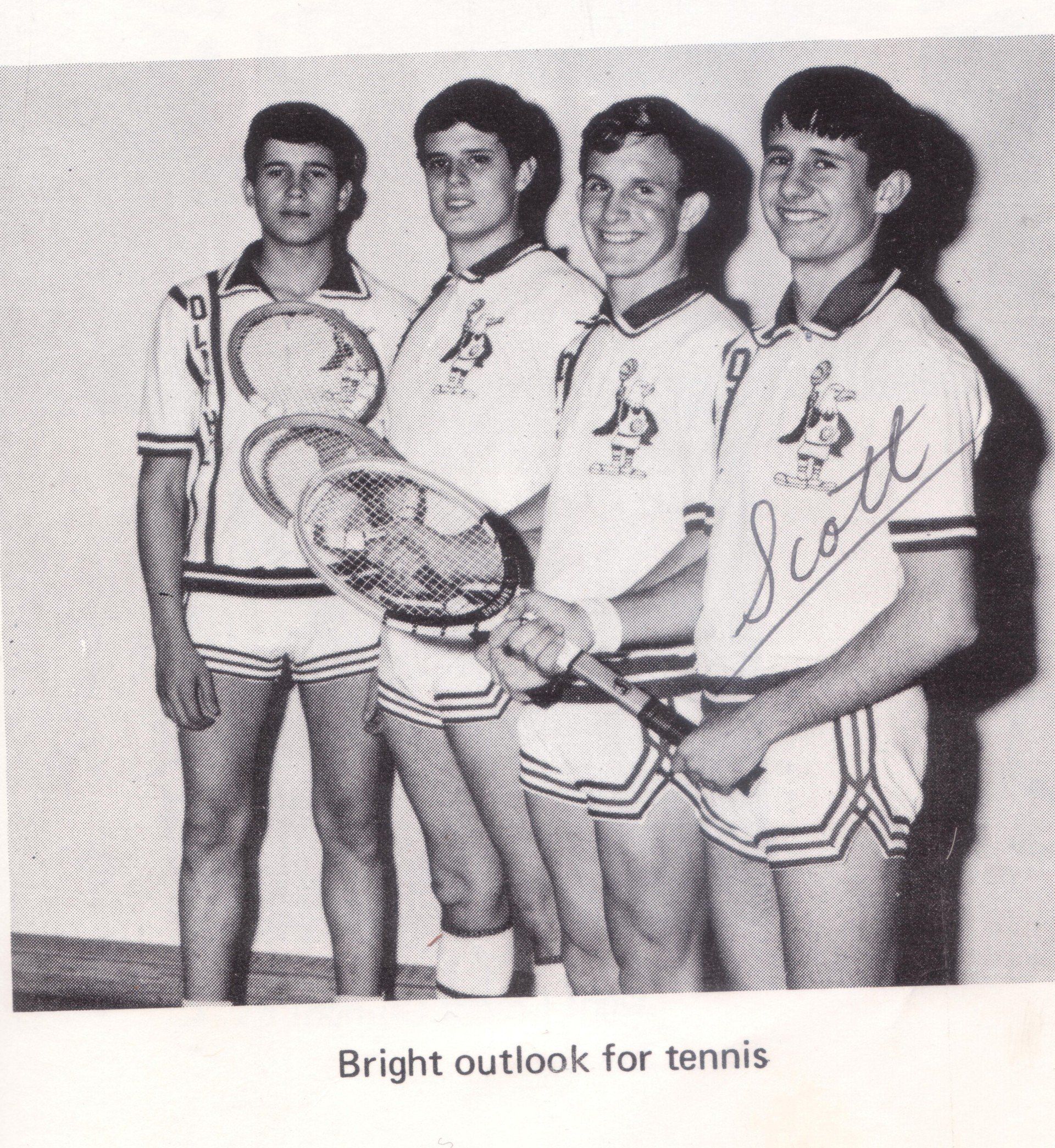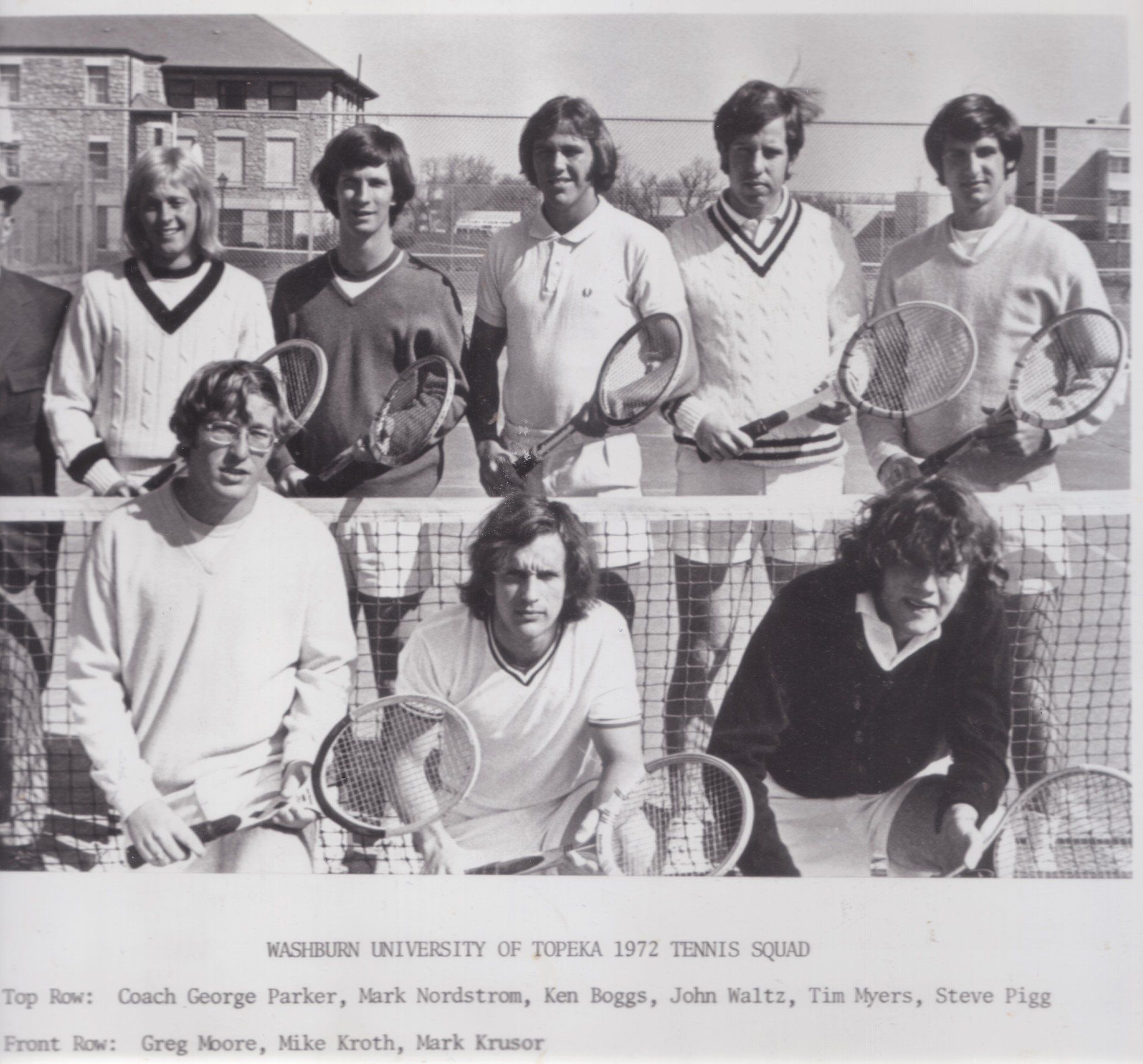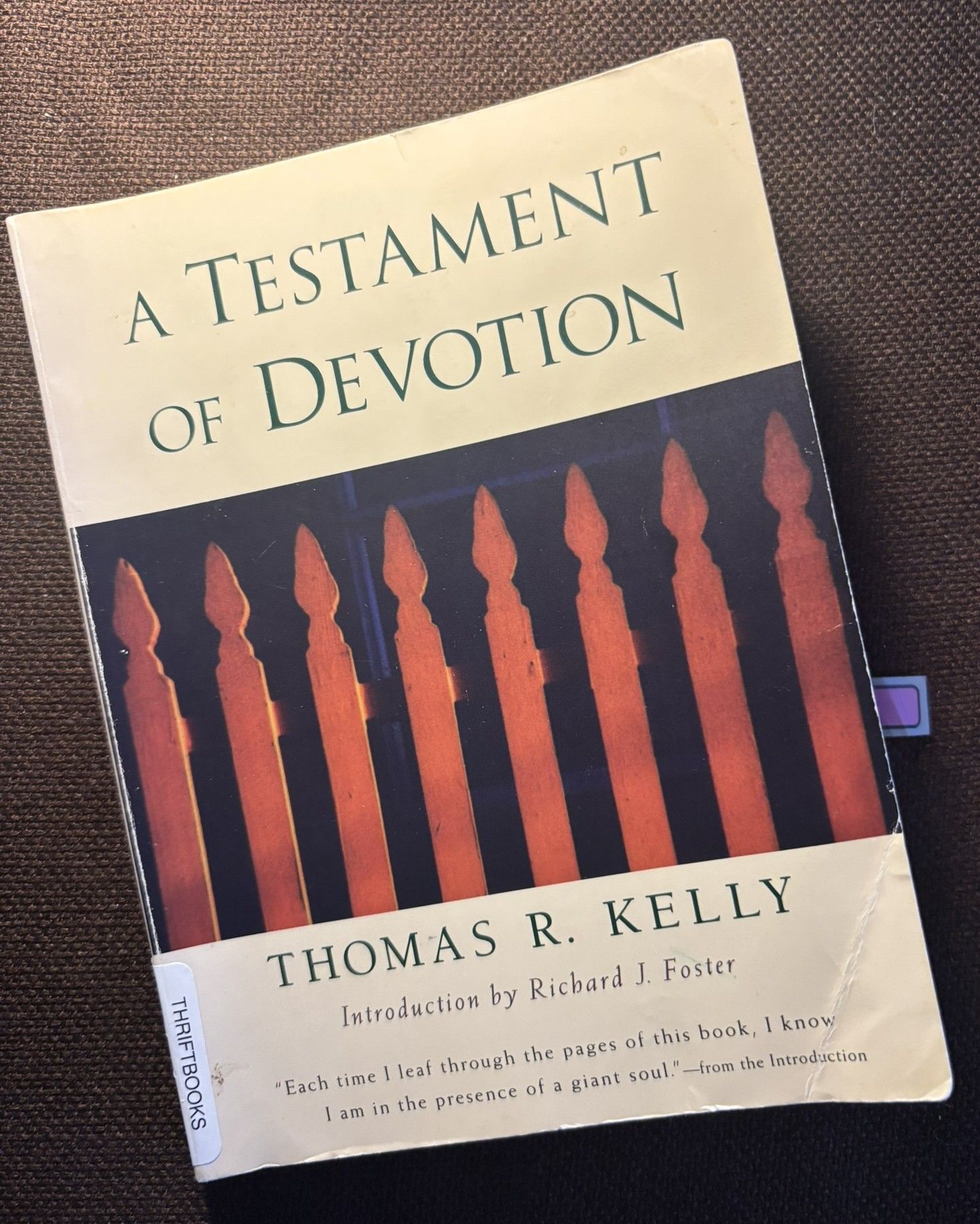Unforced Errors
More Consistency, Fewer Double Faults
A dink into the net. Hitting past the baseline without being pressed to do so. Missing a sure volley. These are known in tennis as “unforced errors”. They are mistakes a player makes that weren’t caused by the opponent. They are unnecessary mistakes.
The term, developed as a statistic for tennis , has been around since 1982, when Leo Levin determined that the outcome of any shot was either a winner, a forced error caused by the opponent, or an unforced error. When my dad taught me to play tennis, he would always focus on consistency, keeping the ball in play, letting others make mistakes. This was before we knew to call these unforced errors, but I knew what he meant - skip going for the quick, easy winner and practice discipline on the court.
The term has been generalized to other areas of life, such as politics. When an opponent makes a misstatement that has to be walked back, for example, that can be considered an unforced error. In business, missed sales opportunities are sometimes the result of an unforced error by a thoughtless salesperson. Careers can be sidetracked because of unforced errors. Even poetry considers unforced errors.
Too often in life I have made my own unforced errors. Sometimes these have been in relationships. Sometimes with my career. Other times I was just too lazy to do something well, and missed an opportunity to get something right. I’m still too embarrassed to mention most of these dumb mistakes, but I do know some reasons I have made and continue to make them.
In my case, unforced errors often come because of:
Hubris. Ego, feeling cocky or, more, better than or smarter than I deserve to be. Flaunting the little bit of knowledge that I have. Pride. Needing to be right. Judging others. The source of many of my unforced errors is feeling too sure of myself and underestimating or under-valuing others. Giving unsolicited advice or unrequested opinions.
The solution? Practicing humility. Recognizing how little I am, that whatever I am comes from the people before me and around me, and that my importance, really, is as nothing. Realizing that there is not one person on this earth who doesn’t know more about so many things than I do, and often about things I know nothing about.
Entitlement. Feeling I’m owed. That I’m more deserving than I really am. Here I take things for granted. My upbringing. My family. Privileges I have that others do not. Unforced errors here come from blindly and inconsiderately hurting others. By not recognizing sacrifices others, like my parents and grandparents and wife and so many others have made for me and others. By taking – by filling my plate – without fully appreciating the effort that went into providing even the plate itself, much less what goes on it. In general, by being selfish.
The solution? Practicing gratitude. Setting aside time each day to thank the universe for being alive, and for all the people in my life. Being generous. Being charitable. Intentionally noting all the hands that go into making something, even the simplest things, that I use every day without even thinking about it. Immersing myself in grateful living.
Lack of Volition. Allowing myself to be sidetracked by quick rewards. Chocolate is an example. Wasting time on social media is another. Missing opportunities to do something meaningful by doing something meaningless, something with short-lived rewards, still another. Having to go back to re-lose those ten pounds time after time after time. Not following up on a promise I made to myself or to someone else.
The solution? Practicing discipline. Developing and reinforcing practices that will take me in healthy ways to late in life, that will help me continue to grow and learn daily and over a lifetime, and will make all aspects of life – spiritual, relational, physical, material – the best I can make them.
Missing This Moment . The unforced error most common in my life, and perhaps most egregious as well, has been to miss the moment. To be so obsessed with mistakes I have made or feel I am likely to make, that I miss the glory of a sunrise, or the laugh of my grandchild.
The solution? Practicing Presencing . Letting go, as much as I can, of the woulda, coulda, shoulda, mighta, wanta thoughts that roll through my head and to just practice being attentive to now. To being totally present. To basking in the sights, smells, touch, sounds, and tastes of right now. To laughing, crying – to feeling – and experiencing all that surrounds me right now.
How can I reduce my own unforced errors? It will help the more I practice humility, gratitude, discipline, and presence.
Adding virtues courage, honesty, and character to the list of practices and I might hit more winners over time and fewer double faults.
How about you? Where might you be committing unforced errors in your own life? How might you stay more profoundly, meaningfully in the game?
As for me... .I'm planning to pick up pickle-ball this spring.
References:
Unforced Error Is Unloved Statistic Among Tennis Players - The New York Times, Date Accessed: 2018-12-28, www.nytimes.com/2013/03/10/sports/tennis/tennis-statistics-like-unforced-errors-get-no-love-from-players.html














